Transport for London CIO criticises public service IT
TfL CIO claims councils are too slow to personalise IT, and outlines challenges for London in providing tech for travel.
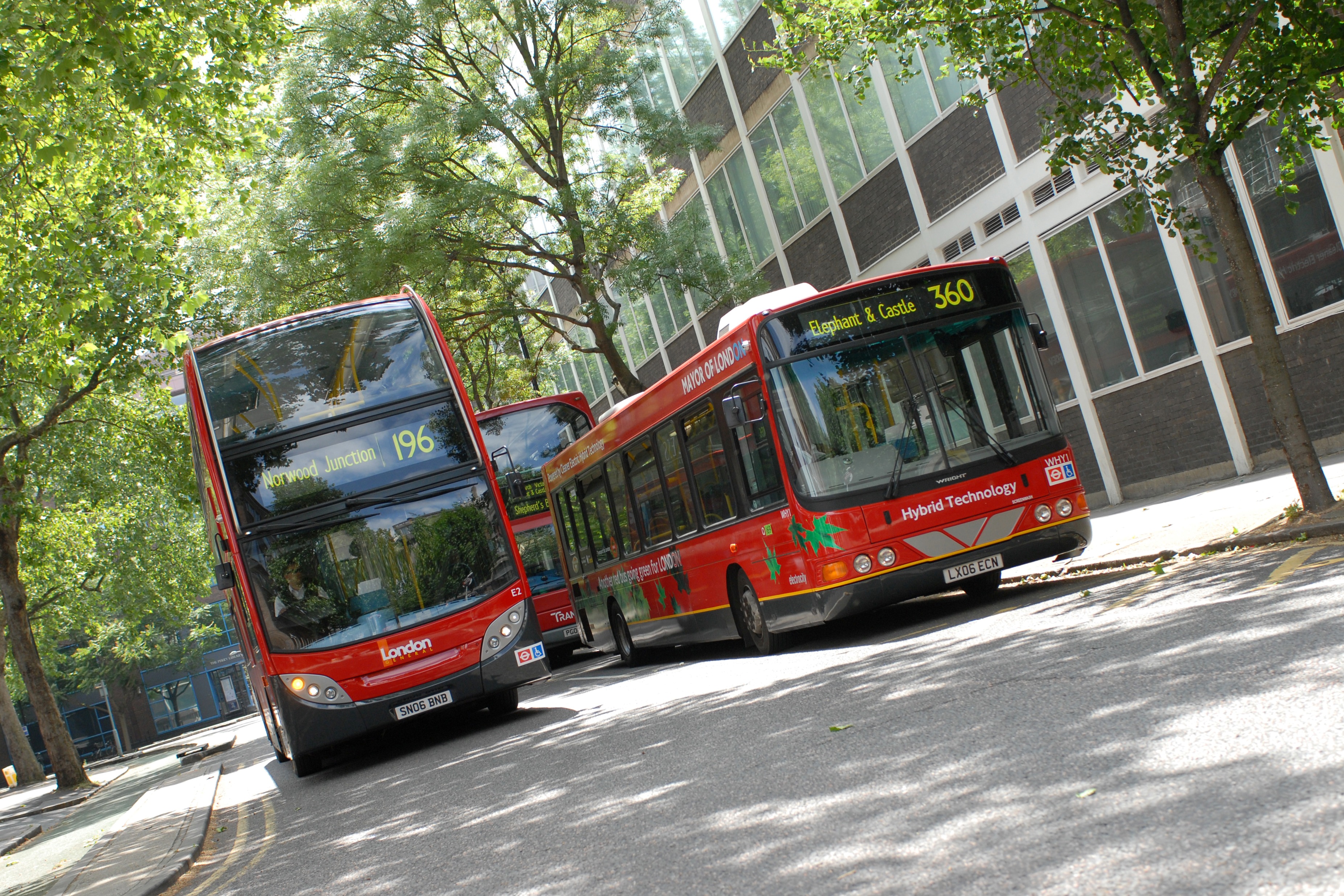
Public services are not providing enough personalised technology, according to the Transport for London (TfL) group's chief information officer (CIO).
At London Connects in Westminster, TfL Group CIO Phil Pavitt said that developments in IT for the public services needed to be centred on the individual user but he did not believe this was happening.
Pavitt also said that many members of the public were critical of public service IT due to headlines of big IT failures and their ignorance of many of the smaller successful technology schemes.
He said that his own biggest challenge with TfL was that although there was lots of data available, there was still work to be done on the killer application' of real-time. This allows users to personalise their own journey depending on their route (taking into account disruptions) or other aspects of their lifestyle.
Pavitt said that TfL had been experimenting with technology in order to make travel and transport as personalised as possible, and was working on making a difference with lifestyle.
He said: "[One example] is with the tube map. If you put in key data like height and weight and you get off one stop normally than you would, it will show you how many calories that you will lose walking the distance, rather than travelling the distance."
"Many people would say so what?' but for someone who wanted to make a lifestyle choice, that would be a very important thing to do."
Get the ITPro daily newsletter
Sign up today and you will receive a free copy of our Future Focus 2025 report - the leading guidance on AI, cybersecurity and other IT challenges as per 700+ senior executives
Another big challenge was with foreign visitors, and the fact that millions of people were going to visit London for the Olympics in 2012 who don't have English as their prime language.
"They'll be arriving in London Luton, expecting it to be London, not realising that there is a lot of travel needed to get to the games. These are the challenges that we have for us as well as the whole of government."
TfL also revealed news on its iBus project - a 117m Automatic Vehicle Location (AVL) project which started in 2005 and provided an advanced bus communication system involving satellite tracking and GPRS.
Martin Davey, head of TfL's technical services group, said that on the 25 July half of the 8200 London buses will have migrated to the new system, which aims to be complete by early 2009.
-
 Cleo attack victim list grows as Hertz confirms customer data stolen
Cleo attack victim list grows as Hertz confirms customer data stolenNews Hertz has confirmed it suffered a data breach as a result of the Cleo zero-day vulnerability in late 2024, with the car rental giant warning that customer data was stolen.
By Ross Kelly
-
 Lateral moves in tech: Why leaders should support employee mobility
Lateral moves in tech: Why leaders should support employee mobilityIn-depth Encouraging staff to switch roles can have long-term benefits for skills in the tech sector
By Keri Allan
-
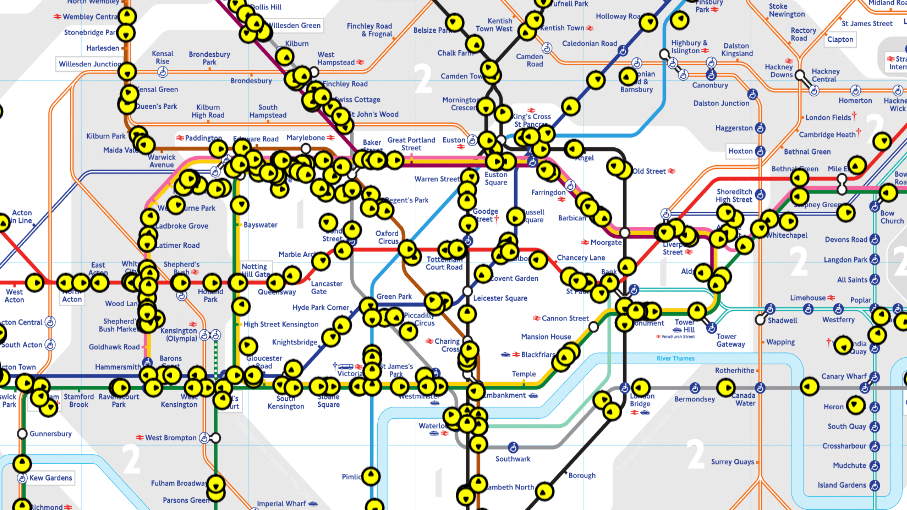 This live map of every London Underground tube train will make you appreciate open data
This live map of every London Underground tube train will make you appreciate open dataNews The mesmerising project wouldn’t be possible without TfL’s open API
By Adam Shepherd
-
 City Hall funds 20 investment events for London startups
City Hall funds 20 investment events for London startupsNews The initiative will be funded by the Greater London Authority and UKBAA
By Clare Hopping
-
 Uber's top UK exec quits
Uber's top UK exec quitsNews Jo Bertram leaves for new role, but says "current challenges" mean a change of face is necessary
By Nicole Kobie
-
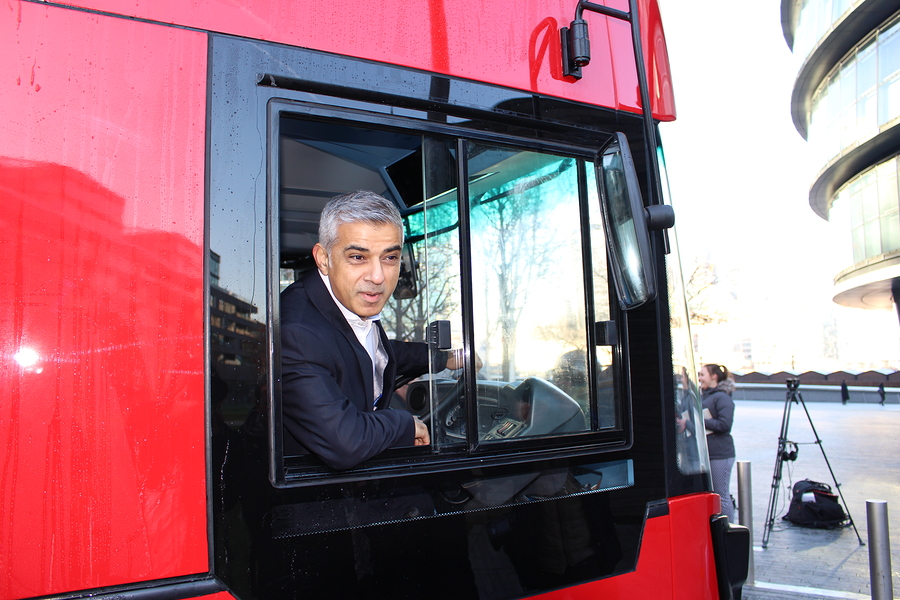 Sadiq Khan appoints London's first ever CDO
Sadiq Khan appoints London's first ever CDONews Theo Blackwell will be responsible for upgrading public services technology
By Adam Shepherd
-
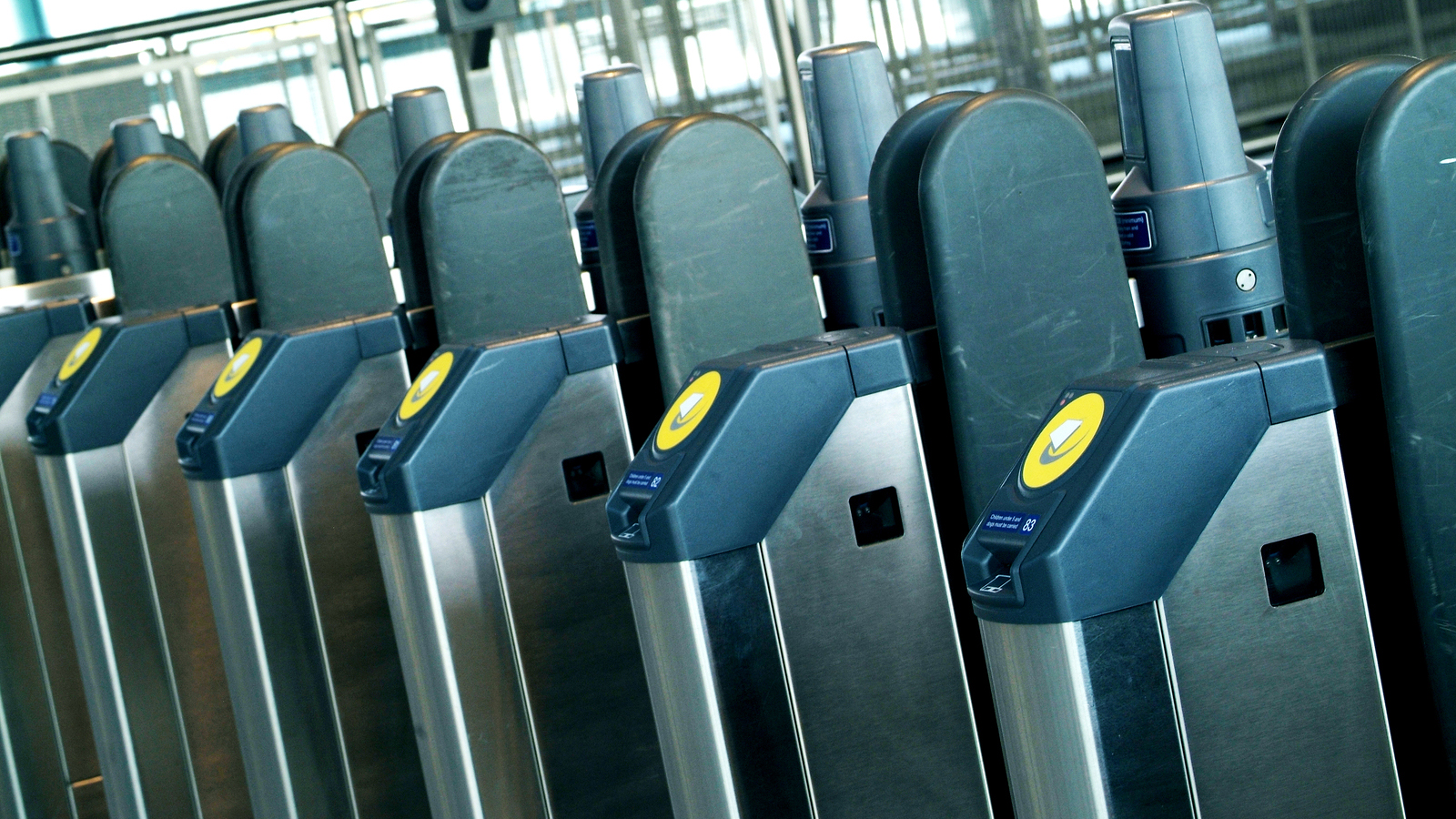 TfL passes 1 billion contactless journeys
TfL passes 1 billion contactless journeysNews Almost half of pay as you go users are opting to pay via contactless technology
By Clare Hopping
-
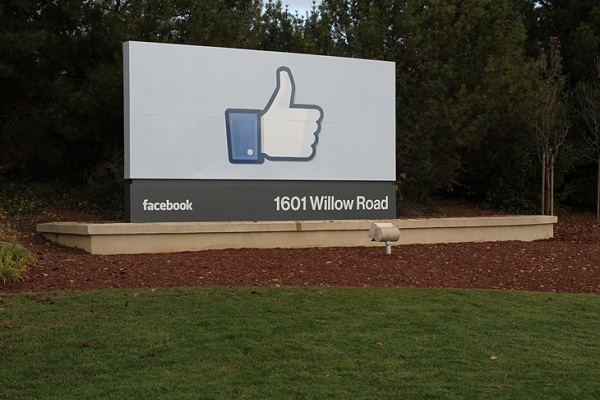 Facebook announces 50% expansion in UK jobs
Facebook announces 50% expansion in UK jobsNews The company will hire 500 new people as it moves to new London offices
By Adam Shepherd
-
 TfL hopes to ease traffic with crowdsourced data
TfL hopes to ease traffic with crowdsourced dataNews The organisation has teamed up with Waze to offer real-time information about traffic congestion
By Clare Hopping
-
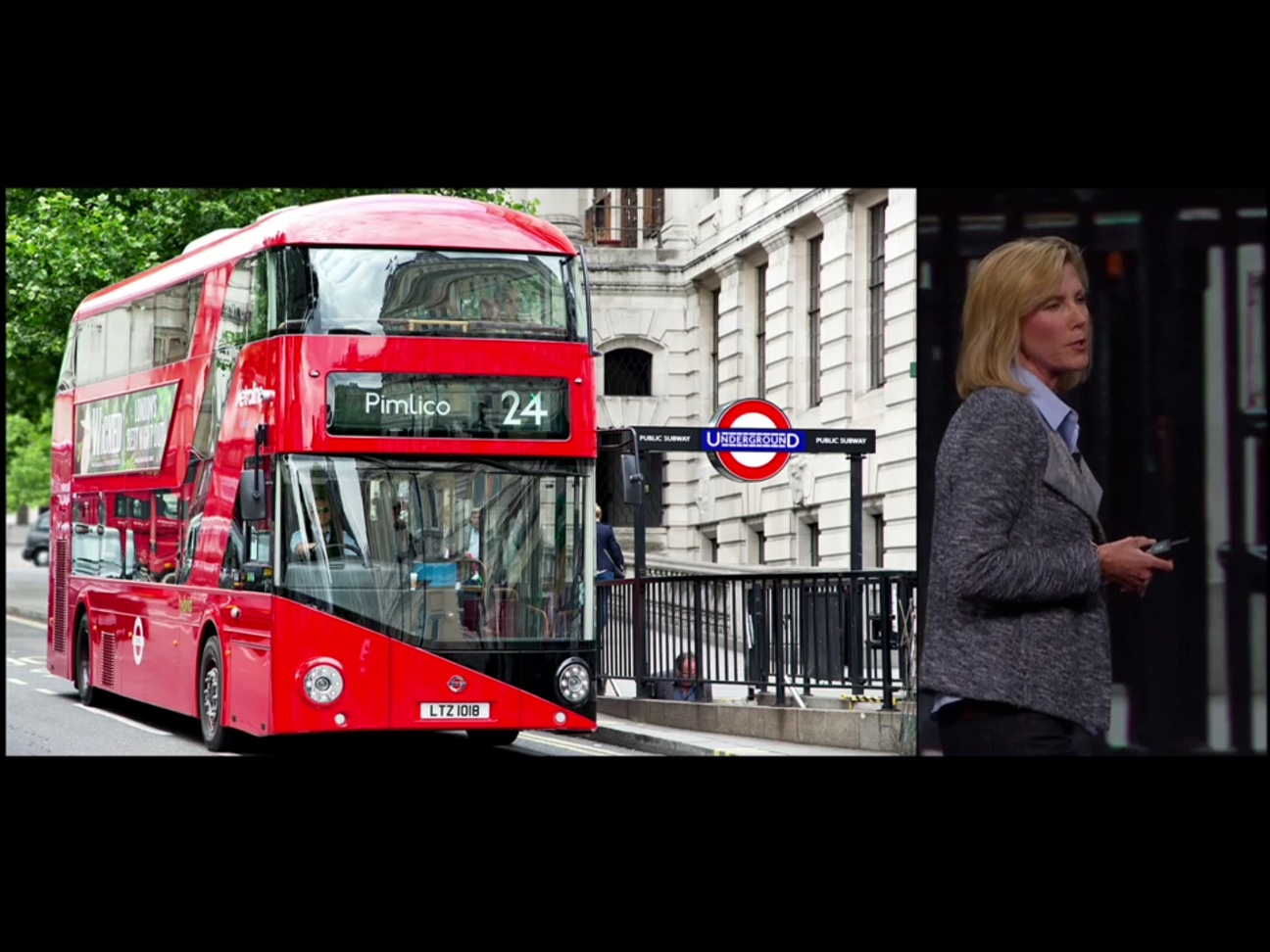 TfL implements e-paper bus stop signage
TfL implements e-paper bus stop signageNews The signs will show real-time scheduling of buses rather than the digital info seen on some stops
By Clare Hopping